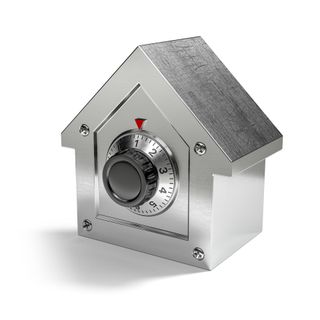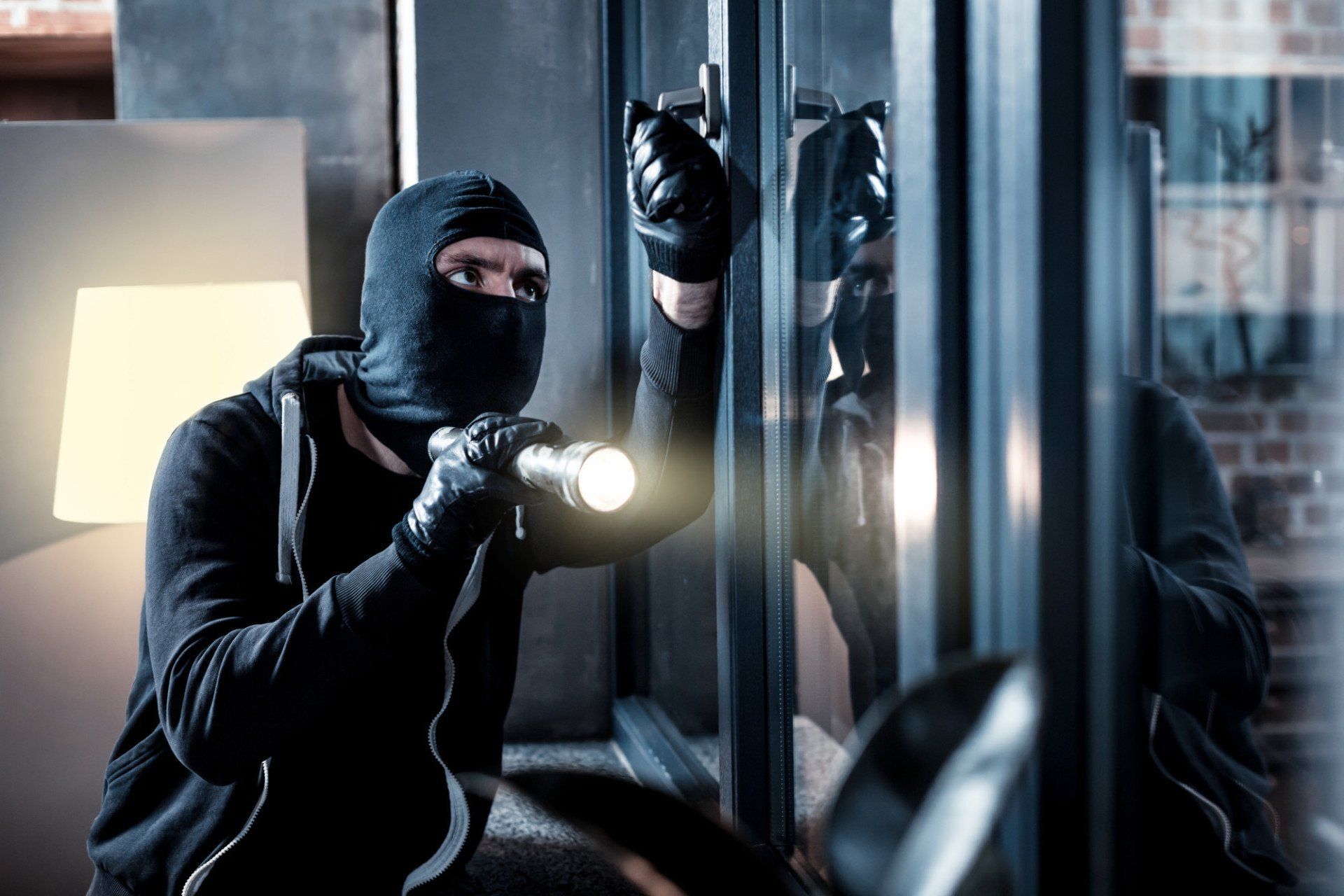7 Things to Know Before Buying a Safe for Your Home
Above All Locksmiths • March 18, 2020
While the news can make us feel as though we're not safe in our own homes, the numbers show
that crime is actually on the decline since 2000. Breaking and entering have declined by 69%.
General stealing offenses have declined by 37%. But that doesn't mean you should start leaving your doors unlocked.
Theft still happens. And it's one of the reasons why buying a safe for your home makes sense.
Not all safes are alike. Here are seven things you need to know
before you purchase the best personal safe for your needs.

1. Know What Size You Need When Buying a Safe
The body content of your post goes here. To edit this text, click on it and delete this default text and start typing your own or paste your own from a different source.
When you buy a safe, always buy one that's slightly bigger than what you think you'll need both now and in the future. Most safes are measured by the inside in cubic feet.
To determine what size you need to multiply the height, width, and depth of the interior of the safe. Then divide the total by 1728.
2. Determine Your Needs for the Safe
A fireproof money safe is really only smoke and heat resistant. Some also protect against water.
But a fireproof safe is made from thin metal, making it easier for burglars to crack open using basic tools. If you're worried about theft, purchase a burglar fire safe, which protects you against both.
Make sure the burglar fire safe has a high content value.
3. Where to Place Your Safe
Safe's tend to be very heavy, making them hard to move around. Here's what to consider before you place your safe:
- Put it somewhere it's easy for you to use it
- Make sure there's good lighting so you can operate the lock
- Store it where there's strong flooring
Consider bolting your safe to the ground for additional security.
4. When to Use a Wall or Hidden Safe
While you may think a wall or hidden safe is a better place to store high-value items, they're not. Yes, they provide concealment, but wall safe's are attached to the studs in the wall.
That makes them easily pried or cut out of the wall. There's also very little fire protection except what the sheetrock supplies.
Hidden or wall safes are best used for items to hide from the kids or items stored for brief periods of time.
5. Know the Facts About Gun Safes
Up until 1996, about one in four Australians owned a gun. After the Port Arthur Massacre, strict gun laws
changed all that. If you do have a permit to own one, here's how to ensure everyone stays safe:
- Construction
- Thickness of metal
- Type of locking mechanism
- Fire rating
A quality gun safe should use 10 to 7 gauge steel. The door should be made with solid plate steel or composite equivalent.
6. The Type of Locks Best for Safes
Small home safes come with different lock options. Here's what you need to know:
- Electronic locks only require a battery replacement
- Mechanical locks should be served every five years by a qualified safe technician
- Redundant locks give you both an electronic and mechanical option in case one of them fails
Some electronic locks are EMP (electro-magnetic pulse) resistant.
7. Safes that Preserve Data and Media
Data, media, and photos should be kept in data/media safe. These safes keep the inside temperature below 51 degrees Celsius and the humidity below 85%.
Since most data and media safes don't offer burglary protection, you can purchase a smaller lock box to place inside your larger fire safe.
Contact Us
We can help make buying a safe easy. Our knowledgeable staff can help you select the right safe for your needs.
We'll even help you determine where to place it. Contact us today
to get started.

